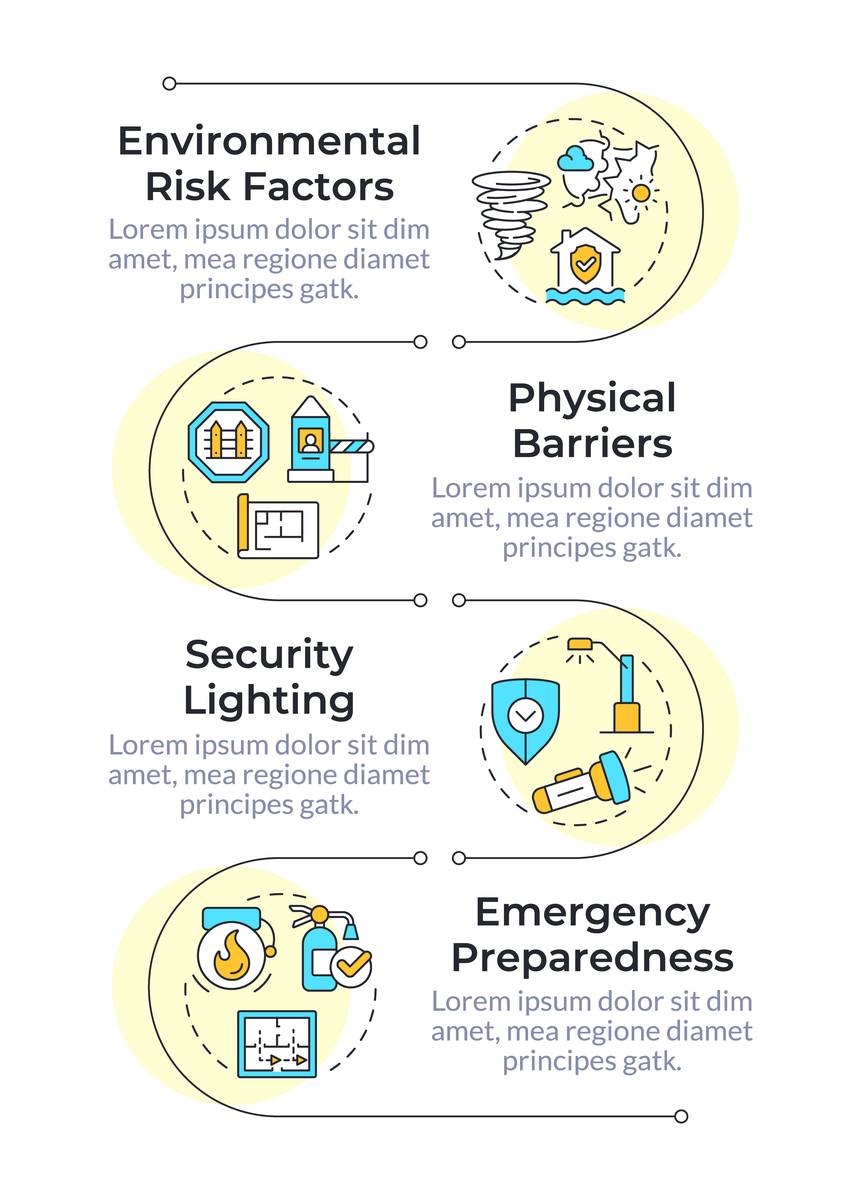Science & Technology Policy Issues for the 117th Congress: Key Areas for Federal Action
Infectious Disease Modeling and Forecasting: The COVID-19 pandemic has highlighted the importance of accurate modeling and forecasting of infectious diseases. The federal government may consider funding research and development in this area to improve predictions and response strategies.
Digital Contact Tracing and Digital Exposure Notification: With the rise of smartphone usage, digital contact tracing and exposure notification apps have become important tools in controlling the spread of infectious diseases. The federal government may work on policies and regulations to promote the development and use of these technologies while addressing privacy concerns.
Hydrogen Pipelines: The use of hydrogen as a clean energy source is gaining traction, and the federal government may support research and development of hydrogen pipelines to enable the widespread adoption of this technology.
Expansion of Emerging Information and Communications Technologies: The rollout of 5G technology and other emerging information and communications technologies present opportunities and challenges. The federal government may develop policies to promote the deployment and secure integration of these technologies while addressing concerns related to national security and privacy.
These are just a few examples of the science and technology policy issues that the 117th Congress may address. The federal government's support and regulation of scientific and technological advancements play a crucial role in driving innovation and ensuring the well-being of the nation.

原文地址: https://www.cveoy.top/t/topic/o2aX 著作权归作者所有。请勿转载和采集!